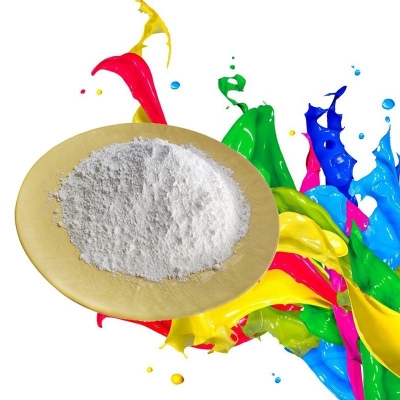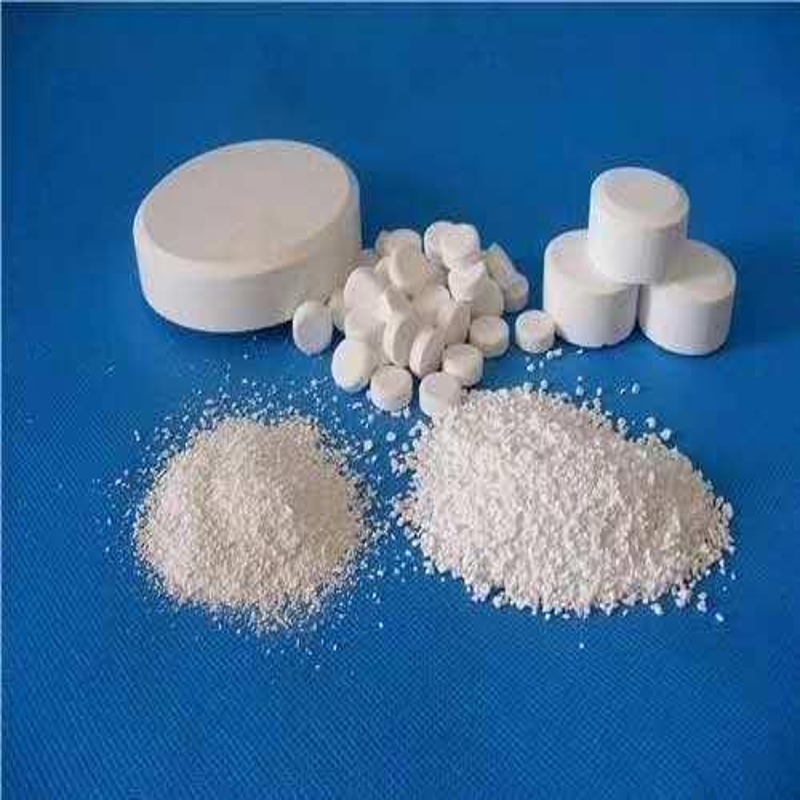-
Categories
-
Pharmaceutical Intermediates
-
Active Pharmaceutical Ingredients
-
Food Additives
- Industrial Coatings
- Agrochemicals
- Dyes and Pigments
- Surfactant
- Flavors and Fragrances
- Chemical Reagents
- Catalyst and Auxiliary
- Natural Products
- Inorganic Chemistry
-
Organic Chemistry
-
Biochemical Engineering
- Analytical Chemistry
- Cosmetic Ingredient
-
Pharmaceutical Intermediates
Promotion
ECHEMI Mall
Wholesale
Weekly Price
Exhibition
News
-
Trade Service
According to a report released by Markets and Markets, an international market research institution, the global electric vehicle (EV) adhesive market is expected to grow from $223 million in 2019 to $2.
158 billion in 2024, with a compound annual growth rate of 57%.
The transition from internal combustion engines (ICE) to electric vehicles will be key
to the growth of EV adhesive consumption during the forecast period.
In addition, increasing climate change concerns and stricter emission controls are driving the development of
electric vehicles worldwide.
Electric vehicles must be designed to be lightweight to offset the weight of
the battery systems used in electric vehicles.
The bonding of dissimilar materials is done through structural adhesives that further replace fasteners, rivets and spot welds, helping to reduce weight
.
The use of structural adhesives also addresses the crashworthiness and safety of
battery systems in electric vehicles.
With the continuous development of technology, the amount of adhesive used in EV exterior parts will further increase
during the forecast period.
The growth of electric vehicles will drive the growth of plastics, which are essential materials
in manufacturing.
The pursuit of lightweight electric vehicles is driving the growth
of plastics in electric vehicles.
The plastics used in electric vehicles can be divided into polypropylene (PP), polyethylene (PE), acrylonitrile butadiene styrene (ABS), polyvinyl chloride (PVC), polyamide (PA), polycarbonate and other engineering resins
.
In electric vehicles, plastics are used for end uses such as interiors, exteriors, lighting and wires, and under
the hood.
The increasing use of plastics requires the use of adhesives for bonding, which increases the demand for
EV adhesives in substrate segments.
Rising trade war tensions between the U.
S.
and China and lower labor costs in China have forced various adhesive end-users to relocate to ASEAN countries and establish production bases
.
This industrial shift is expected to increase the demand
for adhesives in ASEAN countries.
India offers a low-cost workforce that can provide plenty of investment opportunities
for companies.
Initiatives by governments, such as "Make in India", may bring more opportunities
in the industrial and infrastructure sectors.
All these factors are expected to drive the market in
Asia Pacific.
From the perspective of manufacturers, Henkel of Germany, H.
B.
Fuller of the United States, Sika of Switzerland, 3M of the United States, Wacker Chemie of Germany, Arkema of France, L&L of the United States, Jowat of Germany, Ashland of the United States, Pompeijet Industries and Permabond of the United Kingdom will become the world's leading adhesive manufacturers
for electric vehicles.
According to a report released by Markets and Markets, an international market research institution, the global electric vehicle (EV) adhesive market is expected to grow from $223 million in 2019 to $2.
158 billion in 2024, with a compound annual growth rate of 57%.
The transition from internal combustion engines (ICE) to electric vehicles will be key
to the growth of EV adhesive consumption during the forecast period.
In addition, increasing climate change concerns and stricter emission controls are driving the development of
electric vehicles worldwide.
Electric vehicles must be designed to be lightweight to offset the weight of
the battery systems used in electric vehicles.
The bonding of dissimilar materials is done through structural adhesives that further replace fasteners, rivets and spot welds, helping to reduce weight
.
The use of structural adhesives also addresses the crashworthiness and safety of
battery systems in electric vehicles.
With the continuous development of technology, the amount of adhesive used in EV exterior parts will further increase
during the forecast period.
The growth of electric vehicles will drive the growth of plastics, which are essential materials
in manufacturing.
The pursuit of lightweight electric vehicles is driving the growth
of plastics in electric vehicles.
The plastics used in electric vehicles can be divided into polypropylene (PP), polyethylene (PE), acrylonitrile butadiene styrene (ABS), polyvinyl chloride (PVC), polyamide (PA), polycarbonate and other engineering resins
.
In electric vehicles, plastics are used for end uses such as interiors, exteriors, lighting and wires, and under
the hood.
The increasing use of plastics requires the use of adhesives for bonding, which increases the demand for
EV adhesives in substrate segments.
Rising trade war tensions between the U.
S.
and China and lower labor costs in China have forced various adhesive end-users to relocate to ASEAN countries and establish production bases
.
This industrial shift is expected to increase the demand
for adhesives in ASEAN countries.
India offers a low-cost workforce that can provide plenty of investment opportunities
for companies.
Initiatives by governments, such as "Make in India", may bring more opportunities
in the industrial and infrastructure sectors.
All these factors are expected to drive the market in
Asia Pacific.
From the perspective of manufacturers, Henkel of Germany, H.
B.
Fuller of the United States, Sika of Switzerland, 3M of the United States, Wacker Chemie of Germany, Arkema of France, L&L of the United States, Jowat of Germany, Ashland of the United States, Pompeijet Industries and Permabond of the United Kingdom will become the world's leading adhesive manufacturers
for electric vehicles.







